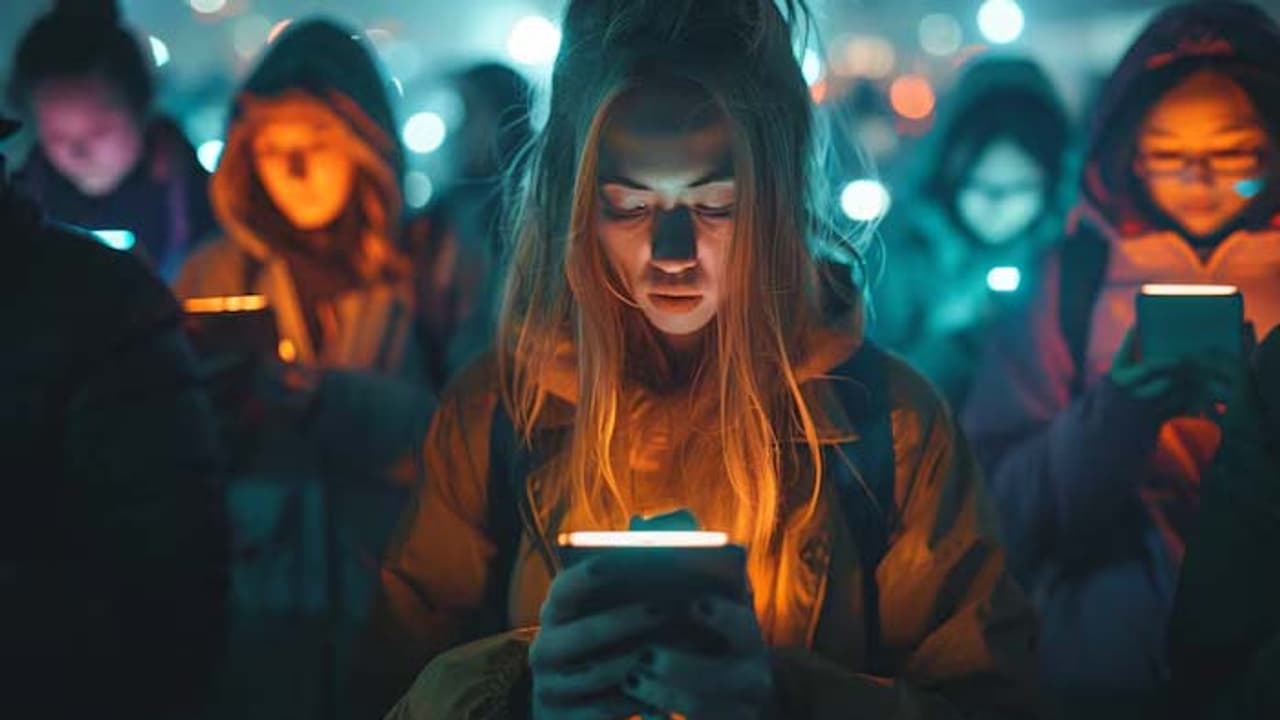Screen fatigue is a real issue, but small adjustments to your digital habits can make a big difference. By following these science-backed tips, you can prevent discomfort, improve focus, and create a healthier relationship with technology.
Screens have become an inescapable part of daily life, whether from work emails, scrolling Social Media or binge-watching your favorite shows. The use of screens can lead to a type of fatigue known as screen fatigue that greatly affects your physical and mental health.

This article will discuss screen fatigue and 7 science-backed methods to combat it for optimal digital wellness.
What Is Screen Fatigue?
Screen Fatigue also known as digital eye strain, is the discomfort that often emerges with continuous and extended use of screens, including computers, smartphones, and tablets.
The Most Common Many Symptoms of Screen Fatigue:
Dry or irritated eyes
Blurred vision
Headaches
Neck and shoulder pain
Difficulty focusing / concentrating
Increased stress or anxiety.
What causes this type of fatigue? Prolonged exposure to blue light, a decrease in blinking and maintaining a prolonged focus on the digital material without interruptions. Fortunately, there are ways to alleviate screen fatigue.
7 Science-Backed Ways to Beat Screen Fatigue
1. Try the 20-20-20 Rule
According to eye health professionals, one of the best ways to manage digital eye strain is with the 20-20-20 rule:
Every 20 minutes, focus on something 20 feet away for 20 seconds. This easy technique will give your eye muscles a rest and will reduce the strain that can occur when we are focused on a screen for extended periods of time.
2. Change Your Brightness and Blue Light Exposure
Research has demonstrated excessive exposure to blue light from screens can reduce sleep quality and contribute to eye fatigue. Reduce strain by;
Adjusting the brightness of your screen so it is in line with the lighting in the room.
Using night mode or blue light filters on your devices.
Wearing blue light blocking glasses if nighttime screen use is necessary.
3. Blink More Often and Drink Water
Research suggests that people performing screen activities blink 50% less than they do within the rule of 20's therefore, dry and irritated eyes are commonplace for screen users.
Focus on blinking more during screen use.
Artificial tears can help if your eyes wear feeling dry.
Drink enough water, so you do not dehydrate, hydration keeps our eyes moist.
4. Optimize Your Work Station
Although your work station might not be the first thought when it comes to assess fatigue, poor posture, and prolonged computer time can add fatigue to your work routine. Create an ergonomic work station:
Position your computer screen at proper distances (about arm's length away).
Position monitor eye level to ensure your neck and upper body remain neutral.
Have a chair that is comfortable and has back support.
Use an ergonomic technique called the Pomodoro (work in increments of 25 minutes and take short breaks).
5. Take Breaks and Go Outside
There is research that supports the idea that being outside increases mental clarity and decreases digital fatigue.
Get up every hour and move away from your screens for at least 5–10 minutes.
Move to a spot with natural light to reset your focus.
Find offline engagement (reading, exercising, being mindful, being active).
6. Minimize Screen Use
Be aware of how much time you spend on devices by making small changes in your daily practice to eliminate unnecessary screen time:
Limit screen use on social media and to non-essential applications.
Try a day of digital detox; you don't have to be on your devices. Disconnect and see how it feels.
Limit or decrease live and digital time spent on screens schedule time for engagement in the real world.
7. Prioritize Sleep & Limit Screens Before Bed
Screen fatigue does more than make you feel tired; it interferes with the quality and processes of sleep, resulting in feeling exhausted the next day.
Limit screen time at least 1 hour before bed.
Let's face it, avoiding the incessant scrolling on social media before bed only requires will power, but the blue light emitted by devices interferes with the body by disrupting melatonin levels.
Limit screen time in the bedroom.
Screen fatigue is a genuine challenge, but a few small changes to your digital patterns can go a long way in addressing it. By incorporating these evidence-based tips, you can minimize discomfort, enhance focus, and develop a better relationship with technology.


